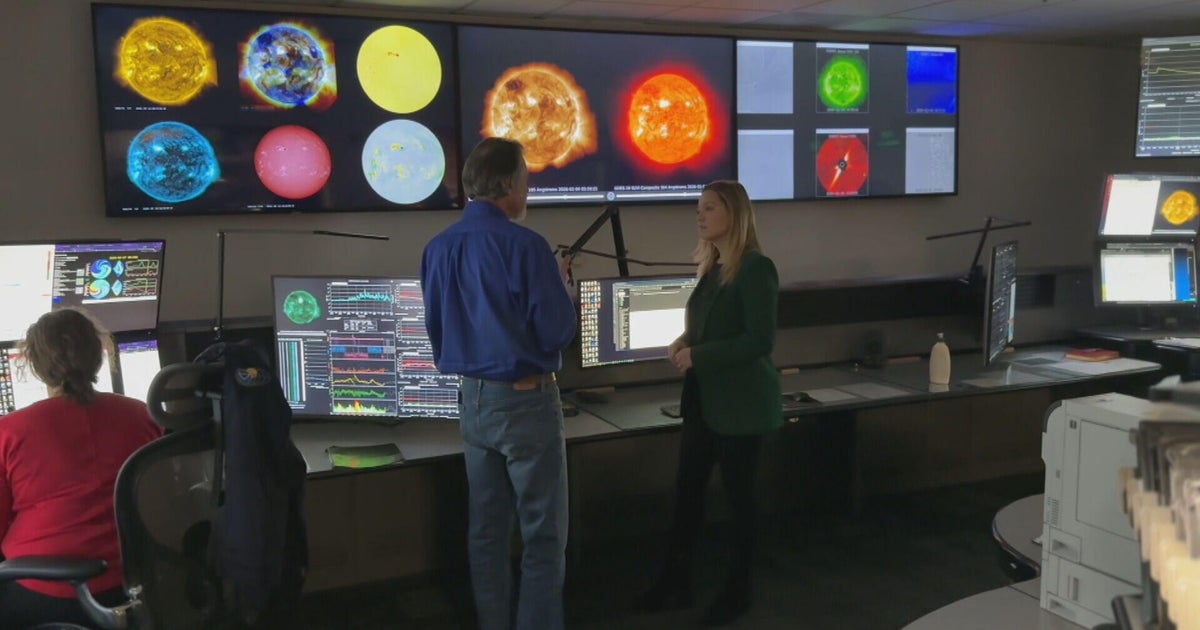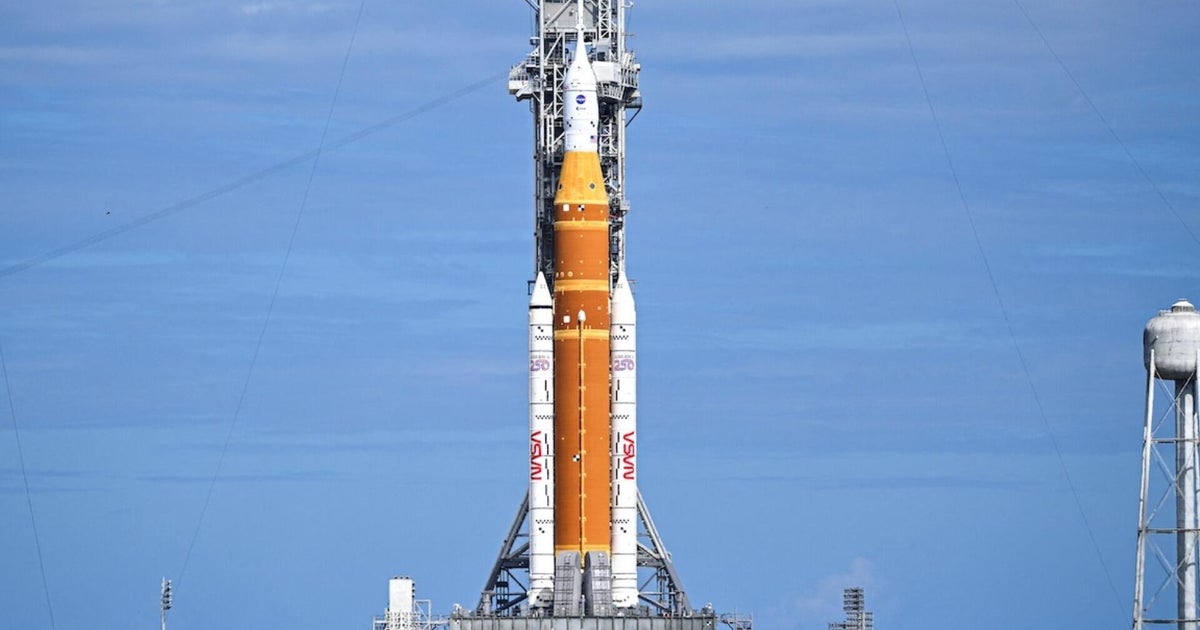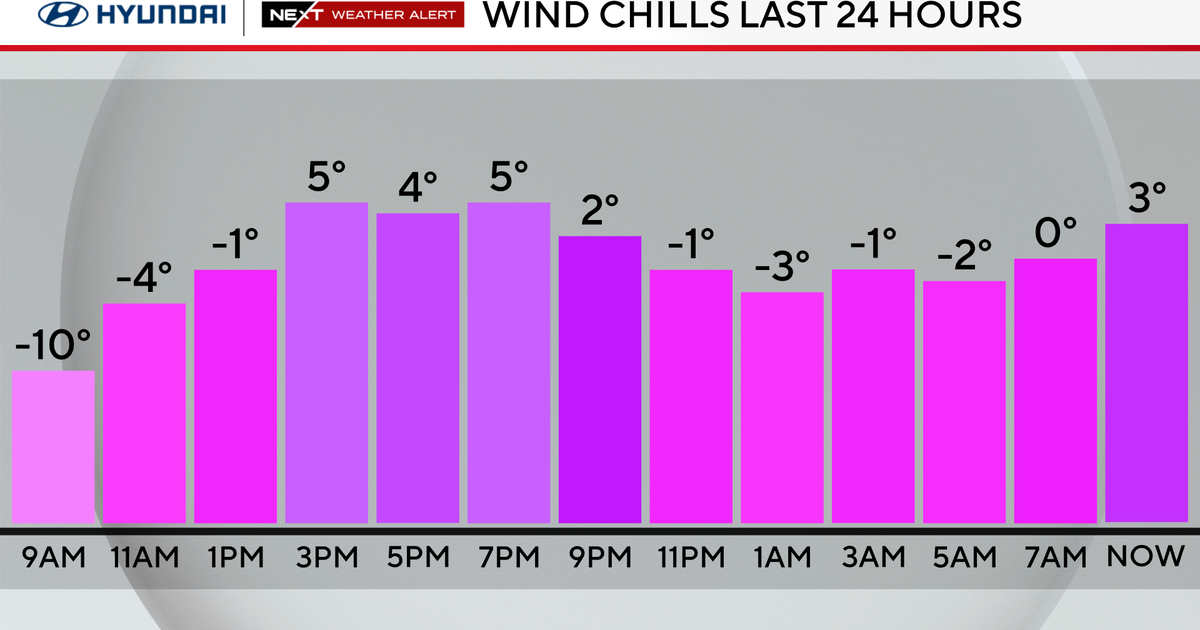New Polar-Orbiting Weather Satellites Set To Launch
NORTH TEXAS (CBSDFW.COM) - Hovering thousands of miles above earth weather satellites provide crucial data to the CBS 11 Texas Weather Experts everyday.
NASA and the National Oceanic and Atmospheric Administration (NOAA) will soon launch a new satellite that will make the CBS 11 Texas Weather Experts forecasts even more accurate.
According to Meteorologist Jeff Jamison, the satellites will make data more accessible. This is one of two new satellites going up in the next several weeks.
Satellite images and the computer model data they feed everyday are used to forecast weather in North Texas. And a new polar-orbiting satellite, the JPSS-1, is about to give meteorologists even better data to work with.
NOAA and NASA have joined forces to improve forecasts that are important to Texans.
Vanessa Griffin, the NOAA Director of the Office of Satellite and Product Operations, explained, "The satellites provide important, vital data into the models about precipitation, about rainfall, as well as drought. So we can monitor drought and rainfall using data from the satellites."
Orbiting the earth 14 times a day, the new satellite will give a global look at the weather and will bring in data, which can eventually save lives, even faster.
The information will be particularly useful during dangerous weather situations, like those that happened this summer with hurricanes like Irma and Harvey. "The the models predicted accurately, allowing first-responders to give five to six days notice [to] prepare to evacuate areas [and] prepare for the storms that were coming," said Griffin. "All that will be improved and enhanced with our newest satellite data."
Jamison explained that even if meteorologists can't directly see the images coming from the new satellites, all of the information will feed into the weather computer models and when those are faster and better forecasts improve.
The launch of JPSS-1 was scheduled for November 10 but has been delayed so that a faulty battery can be replaced. The rocket carrying the satellite will now launch no earlier than November 14.







